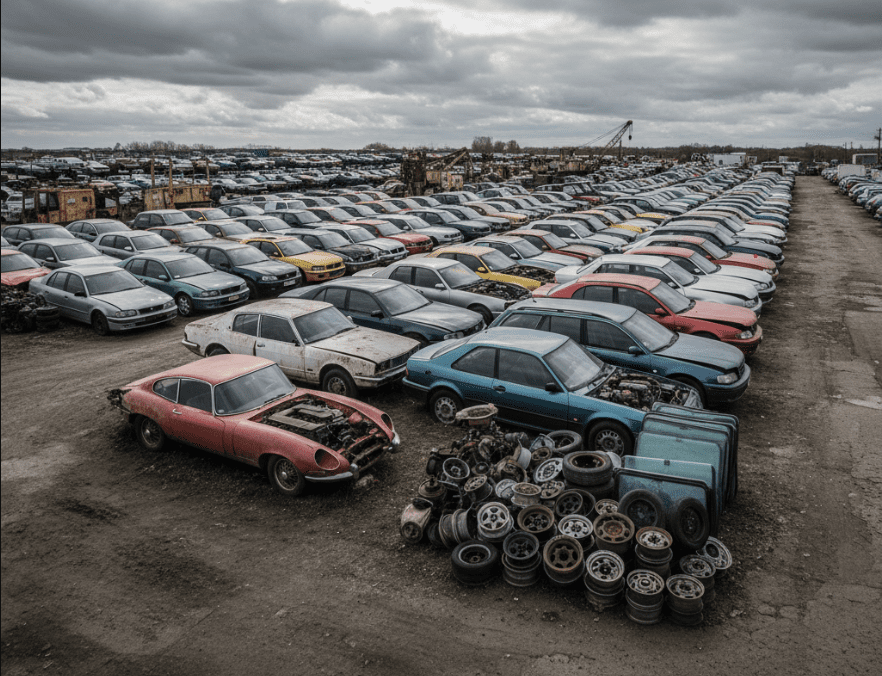Top Benefits of Recycling Old Truck Parts
Top Benefits of Recycling Old Truck Parts: Save Money, Save the Planet The automotive industry is evolving rapidly, and with trucks and buses being the backbone of logistics and transportation, the need for sustainable practices is more important than ever. One powerful yet often overlooked solution is automotive recycling. Instead of letting old or damaged […]
Top Benefits of Recycling Old Truck Parts Read More »





